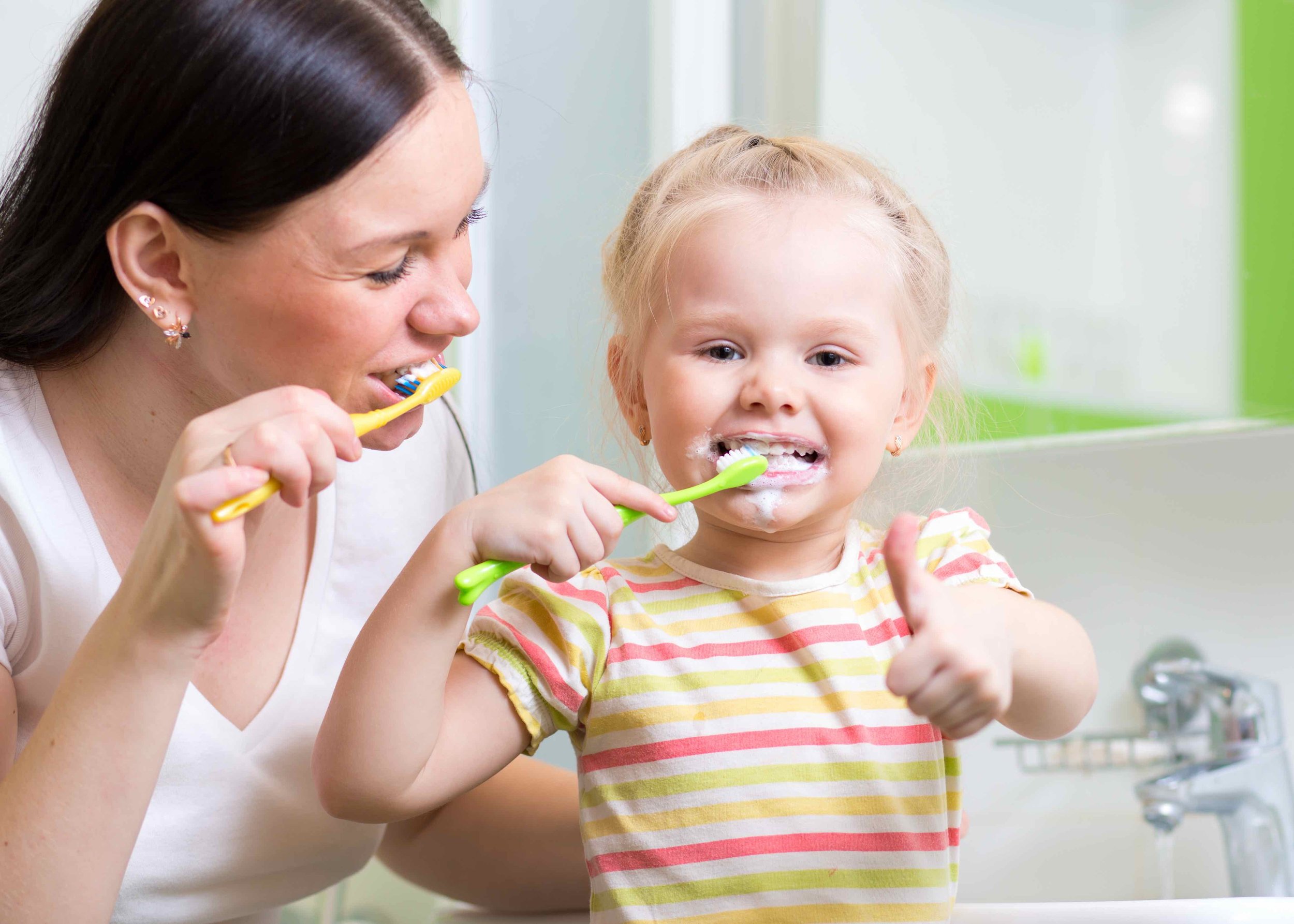
Infants & Adolescence (0-7)
Not sure if your infant needs dental care? If your baby has started teething, then it’s time to get their oral health in check. Schedule your appointment with Newport Beach’s leading dental practice and get your infant’s dental health started correctly.
Jump To: Risk Checklist, Infant FAQs
Curious about your child's risk of getting cavities?
Answer the following questions below to find out their risk.
1) Do you check and brush your child's teeth?
2) How many times a day does your child ingest sucrose(sugar)-containing foods?
3) Do you determine the total time of your child's sucrose(sugar)-containing intake?
4) Does your child continue to breast-feed or drink liquids other than through a bottle?
Conclusion
A caries activity test could predict 3.5-year-old children's caries (cavity) risk based on 18-month and 2 year-old test results. Early weaning, less sucrose (sugar) intake and tooth brushing by parents were effective in reducing a child's caries risk. The caries activity test is more useful than oral examination because it can indicate the need for caries-preventive treatment before a carious lesion actually is manifested. (JADA, Jan 2008)
Infant FAQs
-
The American Academy of Pediatric Dentistry recommends that a child's first dental visit occurs shortly after the first tooth erupts and no later than the child's first birthday.
-
Prior to teeth - use a warm wet towel to wipe your child's mouth or a finger toothbrush/gum massager. After eruption of the first tooth, an age appropriate tooth brush should be used (i.e. infant, toddler, adolescent). (AAPD 2009)
-
Your child won't be ready for fluoride toothpaste until about age 2 or until your child learns to stop swallowing it. It is important, however, to make sure he/she gets enough fluoride from other sources (i.e. local Newport Beach drinking water). (AAPD, 2009)

